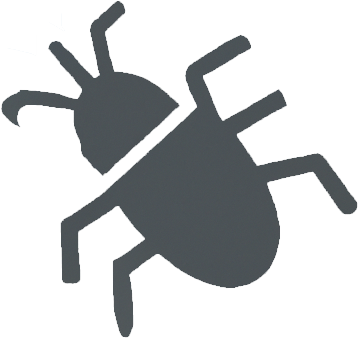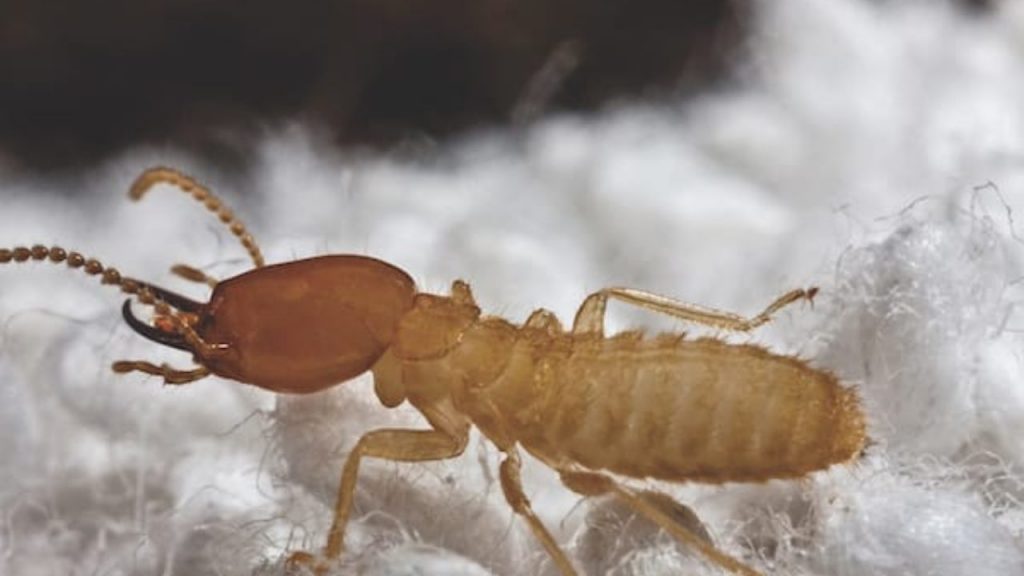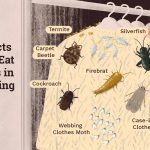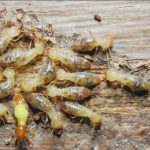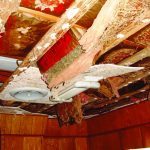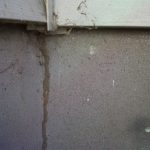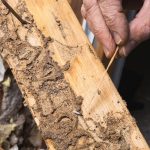South Carolina is no stranger to the problem of termites. These destructive pests can cause extensive damage to homes and businesses in the area, making it important to be aware of the risks and how to protect yourself. In this article, we’ll explore the termite problem in South Carolina, how it affects the area, and what you can do to protect your property.
Types of Termites Found in South Carolina
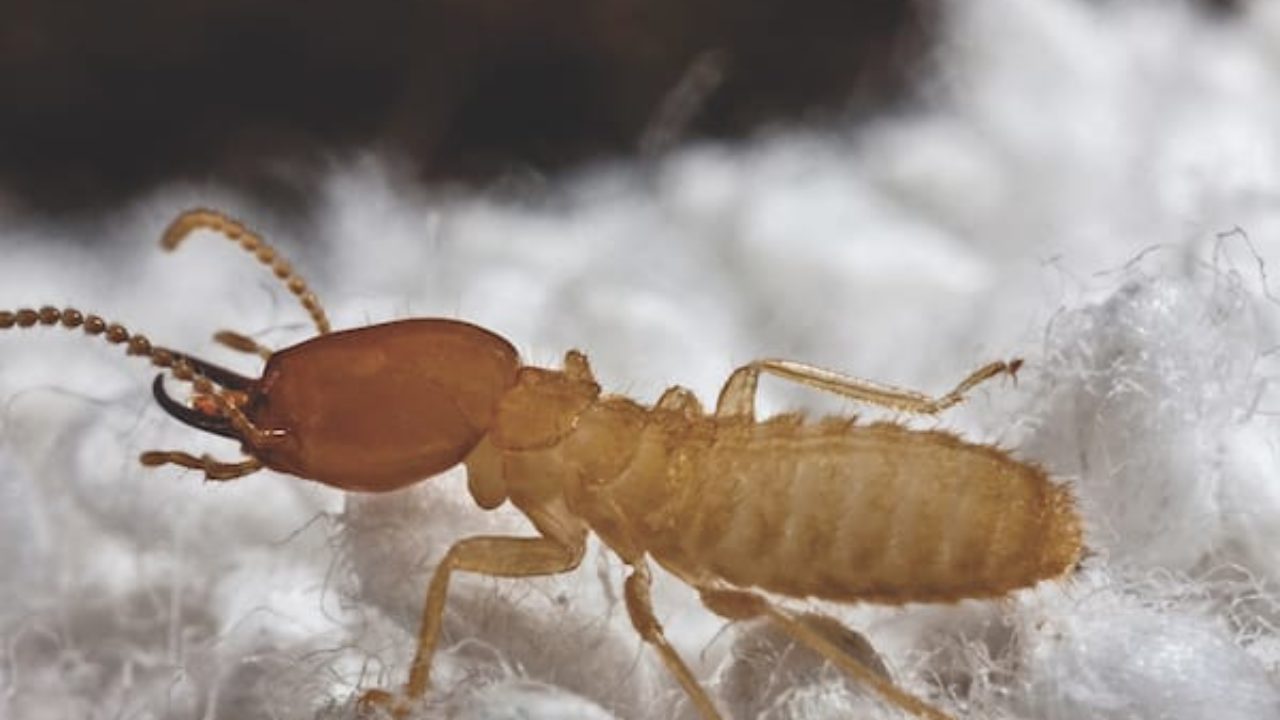
South Carolina is home to several species of termites, including Formosan subterranean termites, eastern subterranean termites, and dampwood termites. Formosan subterranean termites are the most destructive and invasive species of termites in the state. They are yellowish-brown in color and can be found in any part of the state. Eastern subterranean termites are the most common type of termite in South Carolina and can be found throughout the state. They are about 1/4-inch long and light brown in color. Dampwood termites can be found in South Carolina, but they are less destructive than the other two types. Dampwood termites are brown to black in color and are only found in damp, decaying wood.
Signs of Termites in South Carolina
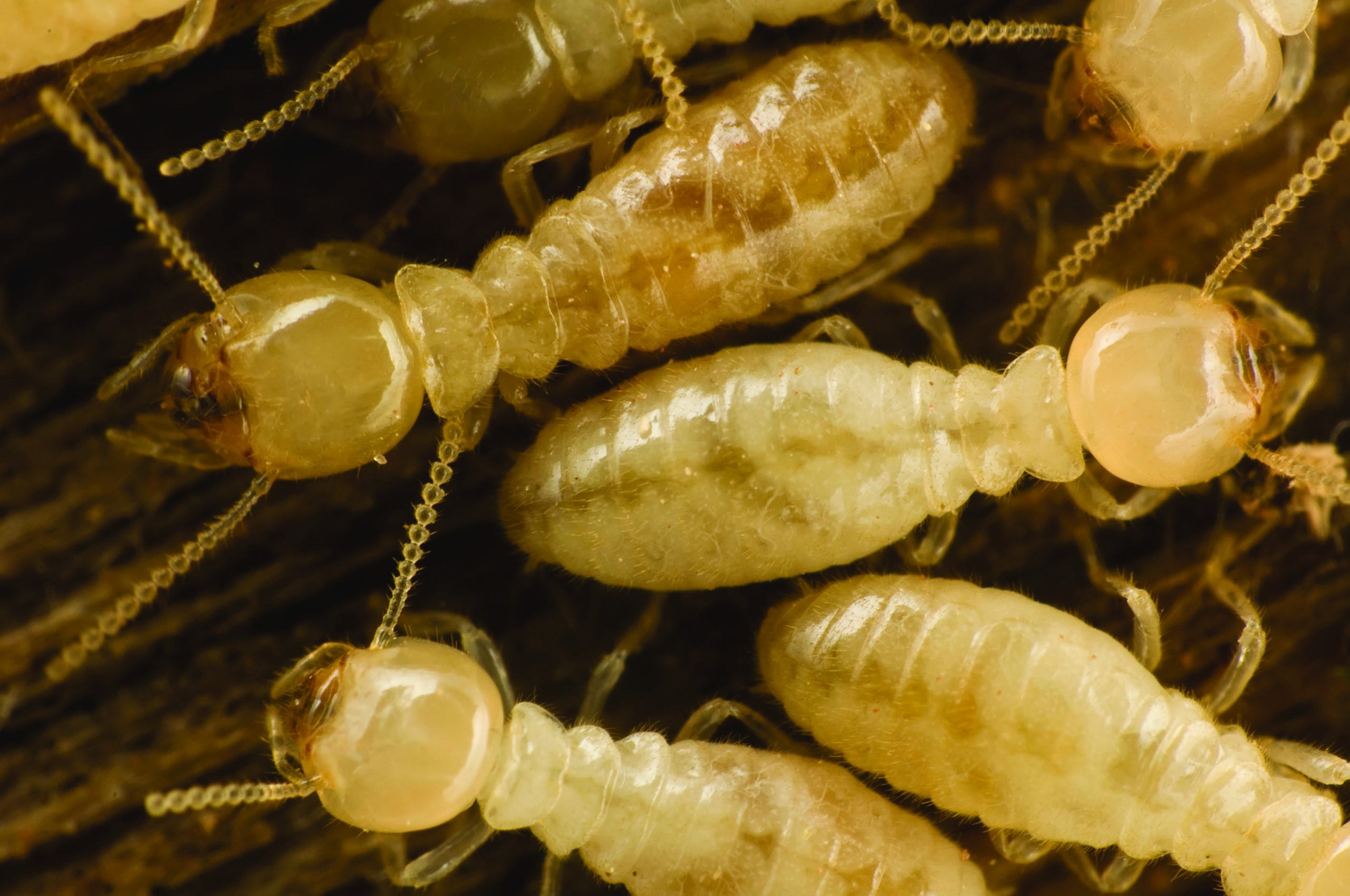
- Mud tubes or tunnels along walls, foundations, and other wooden structures, as termites use them to travel between the ground and their food source.
- Discarded wings, as termites shed their wings after swarming.
- Hollow-sounding wood, as termites consume the wood from the inside out.
- Discolored or drooping drywall, as termites can cause structural damage to drywall.
- Cracked or bubbling paint, as termites can cause paint to crack and bubble.
- Wooden structures that look like they are sagging or leaning, as termites can cause structural damage to wooden structures.
- Piles of fecal pellets, as termites excrete these pellets as they eat.
Prevention of Termites in South Carolina
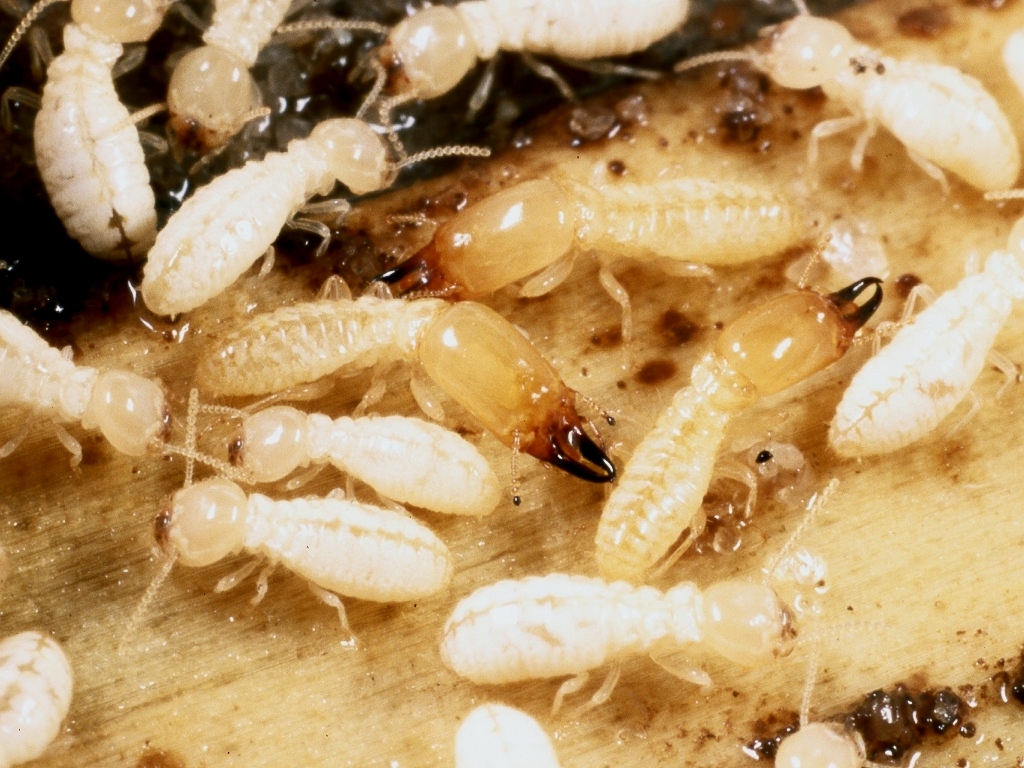
- Inspect any wood that is brought onto the property for signs of an infestation.
- Reduce moisture in the soil around the foundation of the home. Fix any leaky pipes, spigots, or gutters.
- Remove any stumps, logs, scrap wood, or other debris from the property.
- Repair any cracks in the foundation of the home.
- Store any wood that is to be used for fuel at least 20 feet away from the home.
- Apply a liquid termiticide to the soil around the foundation of the home.
- Install termite monitoring stations around the home.
- Have an annual termite inspection done by a pest management professional.
Treatment of Termites in South Carolina
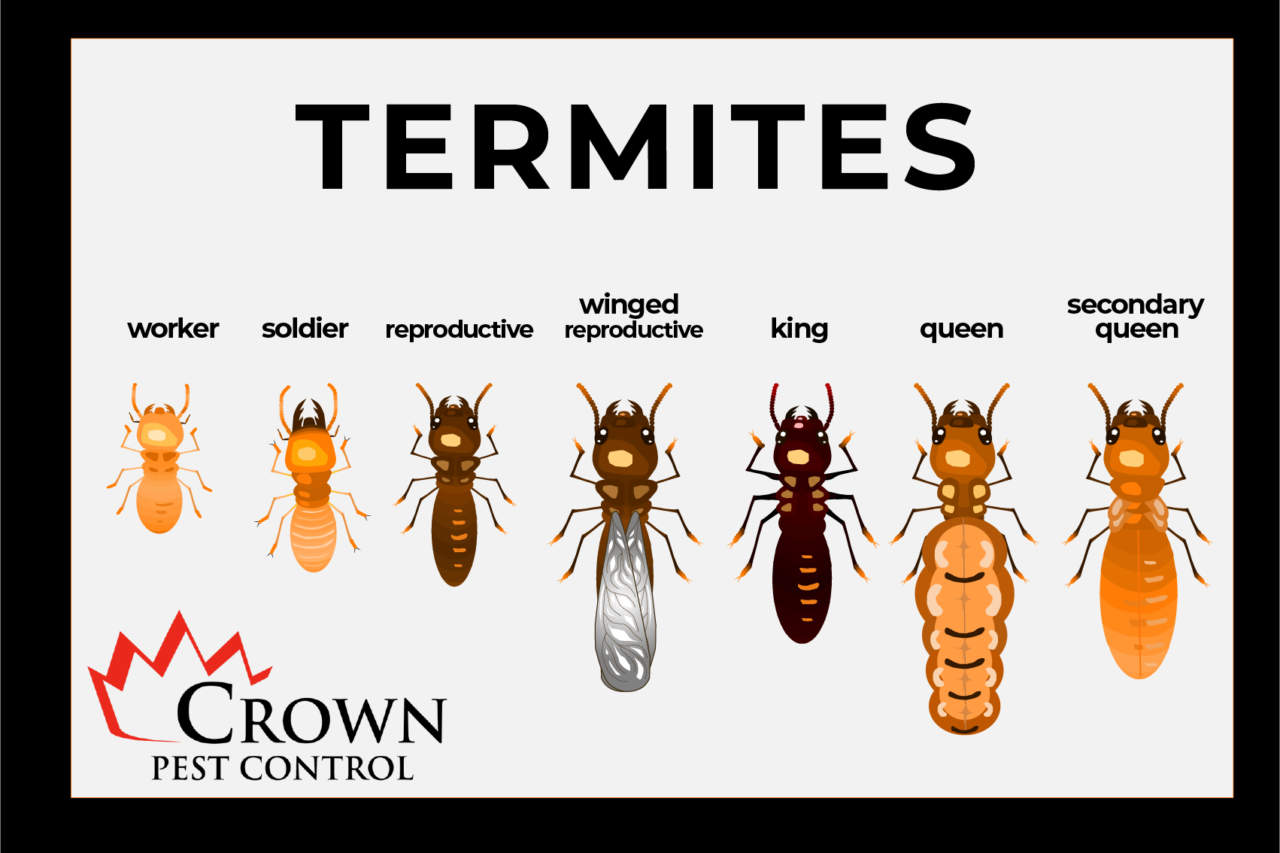
Treatment of termites in South Carolina is typically done by a licensed pest control professional. The most common treatment is the soil application of a liquid termiticide, which is a pesticide specifically designed to control termites. The termiticide is applied to the soil around the foundation of the home and in the crawl space to create a continuous barrier that termites cannot pass through. Treatment may also include spot treatments of wood and other materials that are damaged by termites, and baiting and monitoring systems to detect and control termite infestations. When termites are found, the pest control professional may apply an insect growth regulator to the area to prevent them from reproducing. Treatment of termites in South Carolina is typically a one-time application and should be done every 5-7 years to ensure the home remains protected.
Cost of Treating Termites in South Carolina
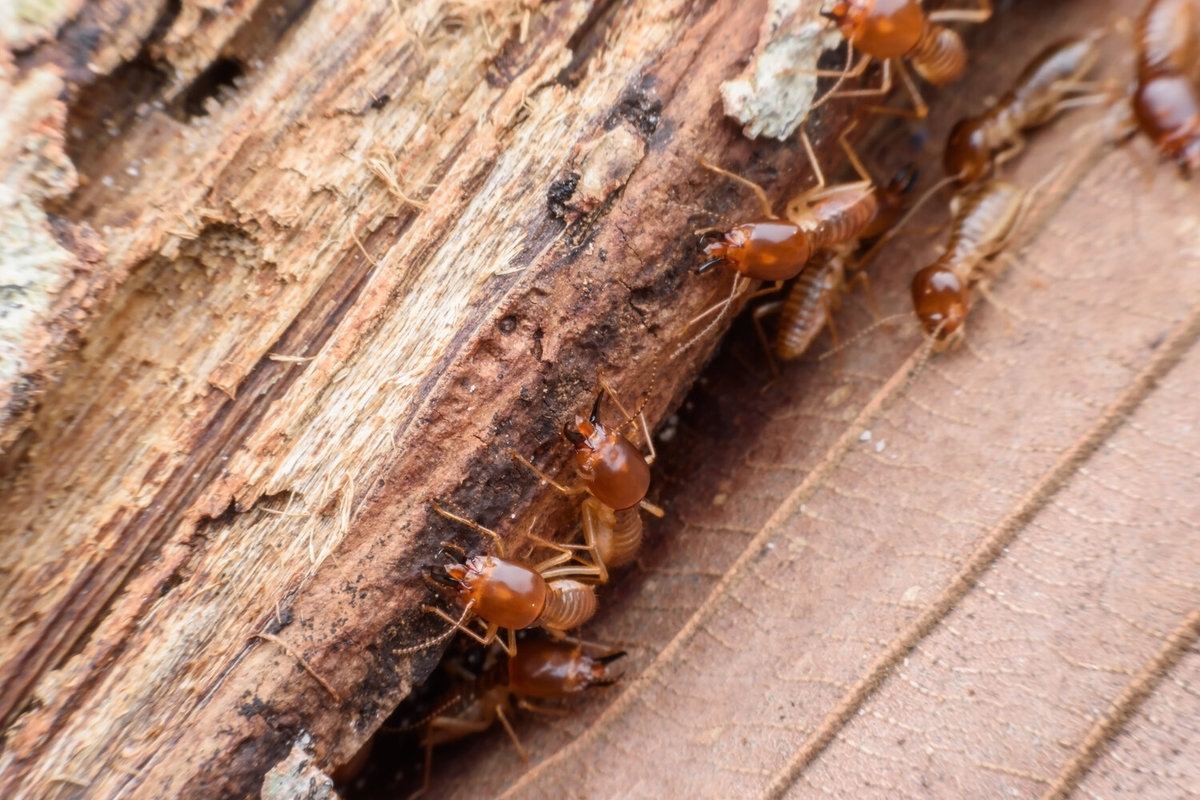
- Traditional chemical treatments: Starting at $800 per treatment.
- Baiting systems: Starting at $1,500 for a single-family home.
- Fumigation: Starting at $1,500 for a single-family home.
- Heat treatments: Starting at $1,500 for a single-family home.
- Repair costs: Varies depending on the extent of termite damage.
Professional Termite Control in South Carolina
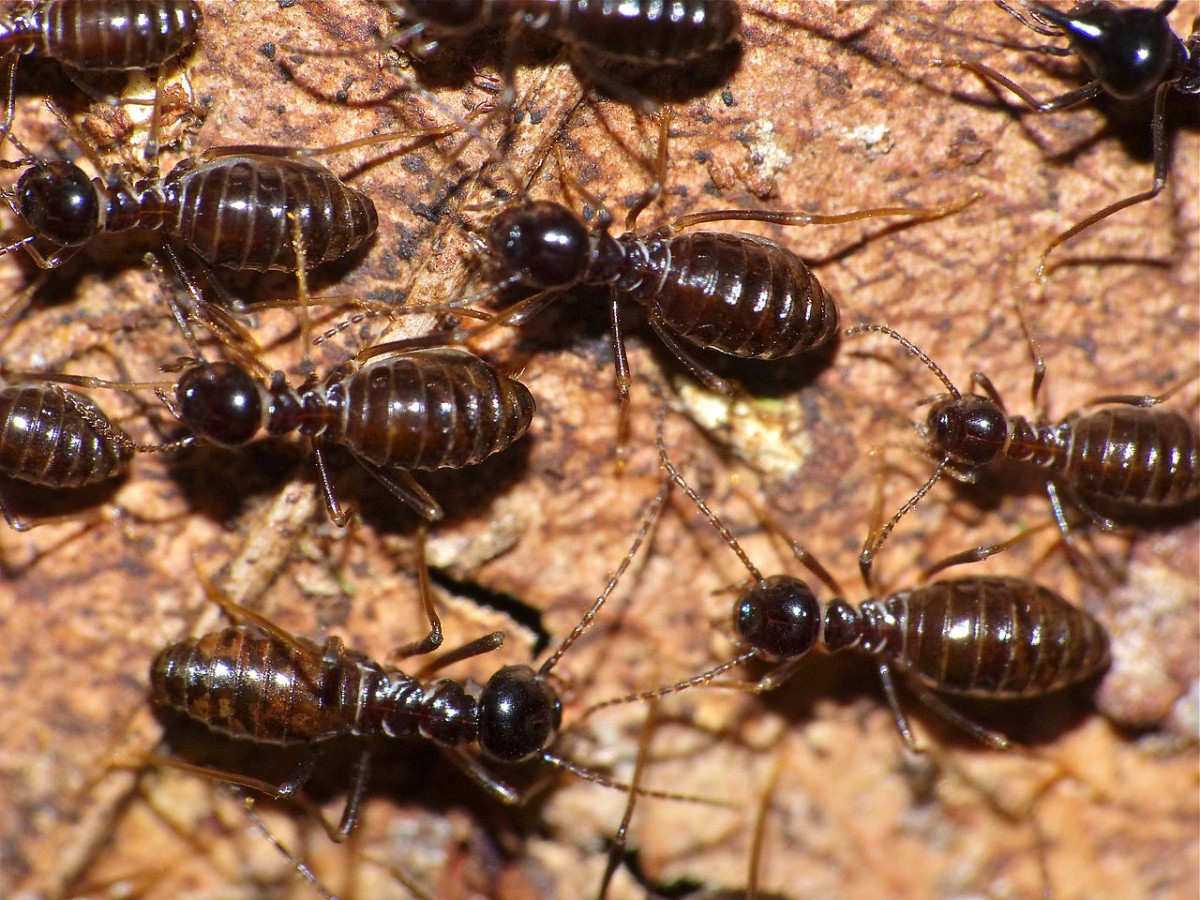
- Hire an experienced and certified pest control company with a good reputation.
- Inspect your home and property for signs of termite activity.
- Identify the species of termite and the extent of the infestation.
- Choose a pest control method that is effective, safe, and affordable.
- Read the label of any chemicals that are used to treat your home.
- If you choose to treat the termites yourself, follow the instructions carefully.
- Contact a professional exterminator if you have any doubts or concerns.
- Have your home inspected regularly for termite activity.
- Keep wood piles and other debris away from the house.
- Seal any cracks and crevices around your home to prevent termites from entering.
- Repair any water damage or leaks around the foundation of your home.
- Maintain a well-ventilated crawl space or basement to prevent moisture buildup.
DIY Termite Control in South Carolina
DIY termite control can be an effective way to reduce the infestation of termites in South Carolina. The first step in DIY termite control is to identify the source of the problem. This may include looking for signs of termite activity such as mud tubes, winged termites, or other evidence of infestation. Once the source of the problem is identified, it is important to act quickly to eliminate the infestation.
The most common DIY termite control methods in South Carolina include baiting, soil treatments, and fumigation. Baiting involves placing bait stations around the perimeter of the home or building and regularly checking them for signs of termite activity. Soil treatments involve the application of chemicals to the soil around the building to kill off termites. Fumigation involves pumping gas into the structure to kill the termites.
Once the infestation has been eliminated, it is important to take preventative measures to ensure that the problem does not return. This may include sealing any cracks and crevices in the foundation and basement of the building, regularly inspecting the building for signs of infestation, and using wood treatments and/or sprays to help prevent termite activity.
It is important to remember that DIY termite control is not always effective, and professional help should be sought if the problem persists. Professional termite control services in South Carolina can provide more comprehensive treatments and advice on how to best protect the property from future infestations.
Laws and Regulations Regarding Termite Control in South Carolina
- The South Carolina Pest Control Act requires that all pest control operators and companies be licensed by the South Carolina Structural Pest Control Commission.
- Fumigation of structures for the purpose of controlling termites must be performed by a licensed fumigator.
- The application of wood preservative or wood treatment chemicals for the purpose of controlling termites must be preformed by a licensed applicator.
- All pest control operators must obtain a permit from the South Carolina Structural Pest Control Commission for the use of restricted-use pesticides.
- The use of restricted-use pesticides must be done in accordance with the label instructions.
- A soil treatment for termite control must be done in accordance with the label instructions.
- All pest control operators must comply with all applicable laws and regulations regarding the use of pesticides.
- All pest control operators must maintain records of all pesticide applications and treatments.
- The South Carolina Structural Pest Control Commission must be notified if any pesticide application or treatment is not successful.
Frequently Asked Questions
What are the Common Types of Termites Found in South Carolina?
Subterranean termites are the most common type of termite found in South Carolina. These termites live in underground colonies, and they require moisture and soil to survive. Formosan termites are another type of subterranean termite found in South Carolina. They form large colonies and can cause significant damage to buildings if left untreated. Drywood termites are also found in South Carolina. They live in dry wood and can cause significant damage to structures, furniture, and other wooden items. Finally, dampwood termites are found in humid areas, and they cause damage to damp wood.
How can I identify a termite infestation in my home?
Termite infestations in South Carolina can be identified by the presence of mud tubes, wood damage, and swarming. Mud tubes are small, earth-colored tubes found near the foundation of a house, typically extending up to the wood frames. Wood damage may be seen in the form of small holes, soft wood, and hollowed out wood. Swarmers may be seen during the spring and summer months, typically around windows or near lights. If any of these signs are noticed, it is important to contact a licensed pest control professional for further assessment and treatment.
What are the potential impacts of termite damage in SC?
Termite damage in South Carolina can be extensive and costly. The most common type of damage is structural, with termites eating away at the wood in walls, foundations, and other areas of the home. This can weaken the structure of the home and lead to costly repairs. In addition, termites can also damage furniture, flooring, and other items in the home, as well as cause health problems by contaminating food and other items with their droppings. Finally, termites can also damage plants, trees, and other vegetation in the area.
Are there any preventative measures I can take to protect my home from termites?
Homeowners in South Carolina can take several steps to protect their homes from termite damage. These include regular inspections, removing wood debris from around the house, sealing cracks and crevices in the foundation and exterior walls, and ensuring proper drainage away from the foundation. Additionally, homeowners should keep their yards free from excess vegetation and decaying wood, as termites feed on these materials. Regularly inspect and repair any leaks or water damage in the home, as termites are attracted to moist environments. Lastly, treating the soil around the foundation with a termiticide can help protect the house from termite infestations.
What treatments are available to get rid of termites in South Carolina?
There are a range of treatments available in South Carolina to rid your home of termites. Professional pest control companies can use a variety of methods to detect and eradicate termites, including chemical treatments, baiting systems, and heat treatments. Chemical treatments involve applying insecticides directly to the affected areas, while baiting systems involve placing bait stations in the ground around the house to attract and kill termites. Heat treatments involve using a thermal device to raise the temperature in the affected area to lethal levels. In addition to these methods, homeowners can also use physical barriers to keep termites out, such as sealing cracks and crevices in the home’s foundation and replacing loose mortar and weatherstripping.
Conclusion
Termite infestations in South Carolina can cause serious damage to homes and businesses in a short period of time and can be expensive to treat. Homeowners should be proactive in identifying potential termite problems and contact a pest control professional to inspect their home and provide termite control solutions. Early detection and treatment of termite infestations is the best way to prevent costly damage and protect the value of the home.
